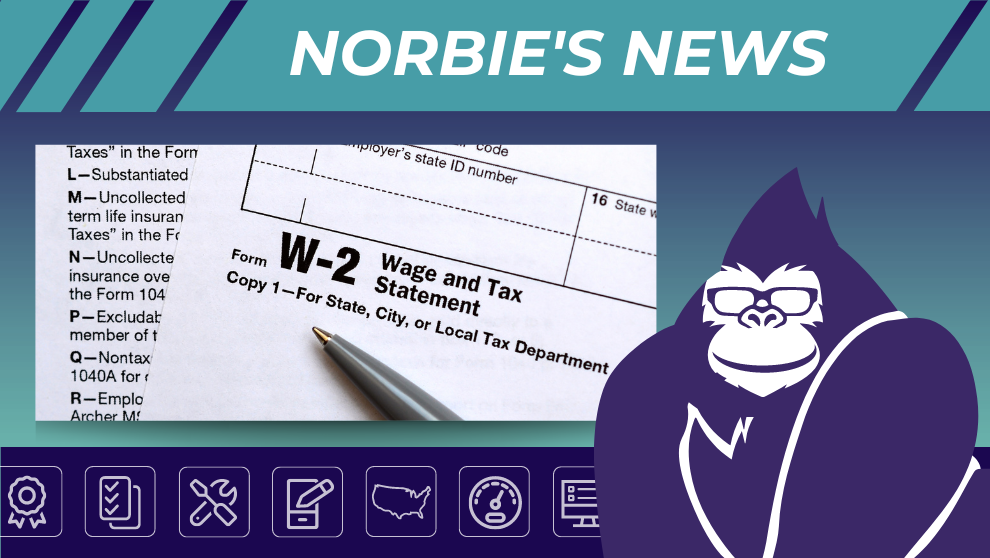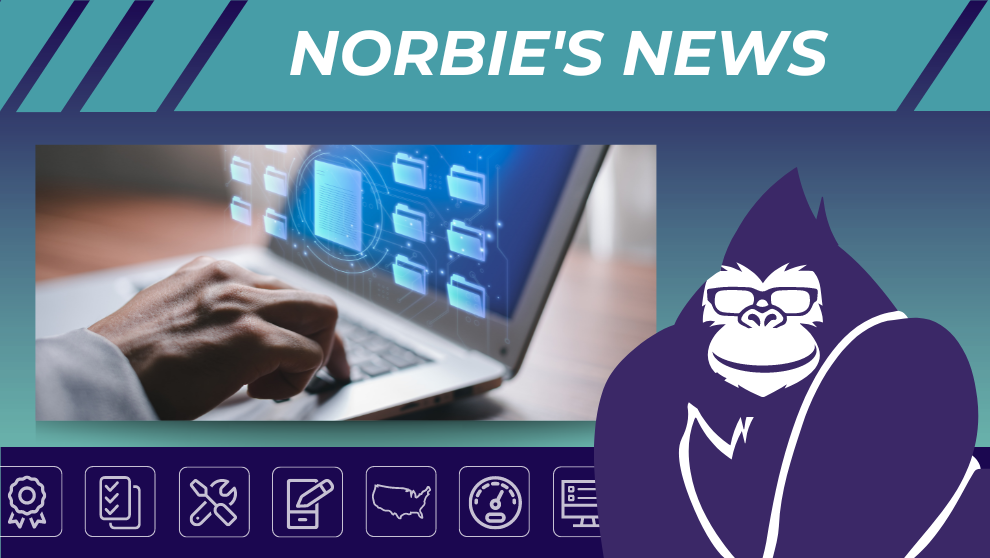
3 Ways Mobile Tech Is Helping The Construction Industry Mitigate Risks & Control Insurance Claim Costs
By Parminder Saini, Vice President of IT
From improved efficiency to communications and safety, mobile technology in the construction industry continues to evolve. This has allowed businesses to work smarter and reduce the risk of job site injuries that in turn, can help reduce workers’ compensation (WC) insurance claim costs.
With the right application of mobile technology, companies can quickly address possible workplace issues that can impact employee safety and impact the cost of WC insurance.
Read on for 3 ways mobile tech of today has created a positive disruption within the construction industry.
“ ... approximately 150,000 construction workers in the U.S. are injured every year — approximately one in 10 workers.”
– U.S. Bureau of Labor Statistics, as reported by House Grail
1. Real-Time Communications
Mobile technology is allowing construction businesses to effectively communicate between the office, job site, workers, warehouse, etc. By using devices such as tablets and smartphones, as well as helpful project management online apps, this real-time capability is providing companies with a more efficient way to manage projects so they can be on schedule and within budget. Improved communications can also help to alert project managers of potential jobsite safety risks.
Some of the benefits of real-time communications include:
- Improved transparency among crews who are out on the job site.
- Real-time authorization capabilities for fewer project delays.
- Improved process flows, such as for scheduling and field reporting.
- Real-time data and communications between the warehouse and job site for improved inventory control and accuracy of supplies.
2. Improved Project Management & Worker Accountability
Project owners and managers have a lot of responsibility to ensure a job is going as planned. Whether it’s securing adequate materials, tracking equipment, or managing workers – the combination of mobile devices and project management software allows managers to keep track of who is assigned to a specific task and when it has been completed. In addition, GPS technology can allow for better tracking of employee time — whether they are out in the field or in the office.
Additional benefits include:
- Improved checks and balances to reduce the risk of human error.
- Fewer manual processes to complete.
- Improved worker accountability.
“ ... [In] 2020, one in five workplace fatalities occurred in the construction industry because of job site falls, slips, and trips.”
– U.S. Bureau of Labor Statistics, as reported by House Grail
3. Enhanced Safety to Reduce Job Site Injuries
According to the U.S. Bureau of Labor Statistics and reported by House Grail, approximately 150,000 construction workers in the U.S. are injured every year — approximately one in 10 workers. In addition, the U.S. Bureau of Labor Statistics reported that in 2020, one in five workplace fatalities occurred in the construction industry because of job site falls, slips, and trips.
Common wearable technology solutions used in the construction industry include smart hard hats, jackets and watches that can send instant distress signals, transmit fall and sleep alerts, and detect the presence of hazardous gases and dangerous air quality. In addition, wearables with built-in tracking beacons and proximity detection can alert workers who may be entering a dangerous job site area. The ability to monitor changes in air quality and dangerous vibrations or sounds can signal to workers when there are potentially dangerous conditions, giving them time to safely evacuate a job site or enabling management to quickly locate the workers in the event of an emergency.
Parminder Saini is Vice President of IT of Builders & Tradesmen's Insurance Services, Inc., an Amynta Group Company.
Builders & Tradesmen’s Insurance Services Inc.
BTIS is committed to providing robust, individualized products and the highest level of service. Our easy-to-use commercial insurance platform, educational tools, and helpful underwriters make it simple for producers to diversify their books of business by expanding their product portfolios.
Part of the Amynta Group, BTIS is a nationwide insurance intermediary with a small-business attitude. We believe in building solid relationships through communication and a genuine concern for the success of our retail broker clients and the policyholders they serve.
For additional information, visit www.btisinc.com or call (877) 649-6682


